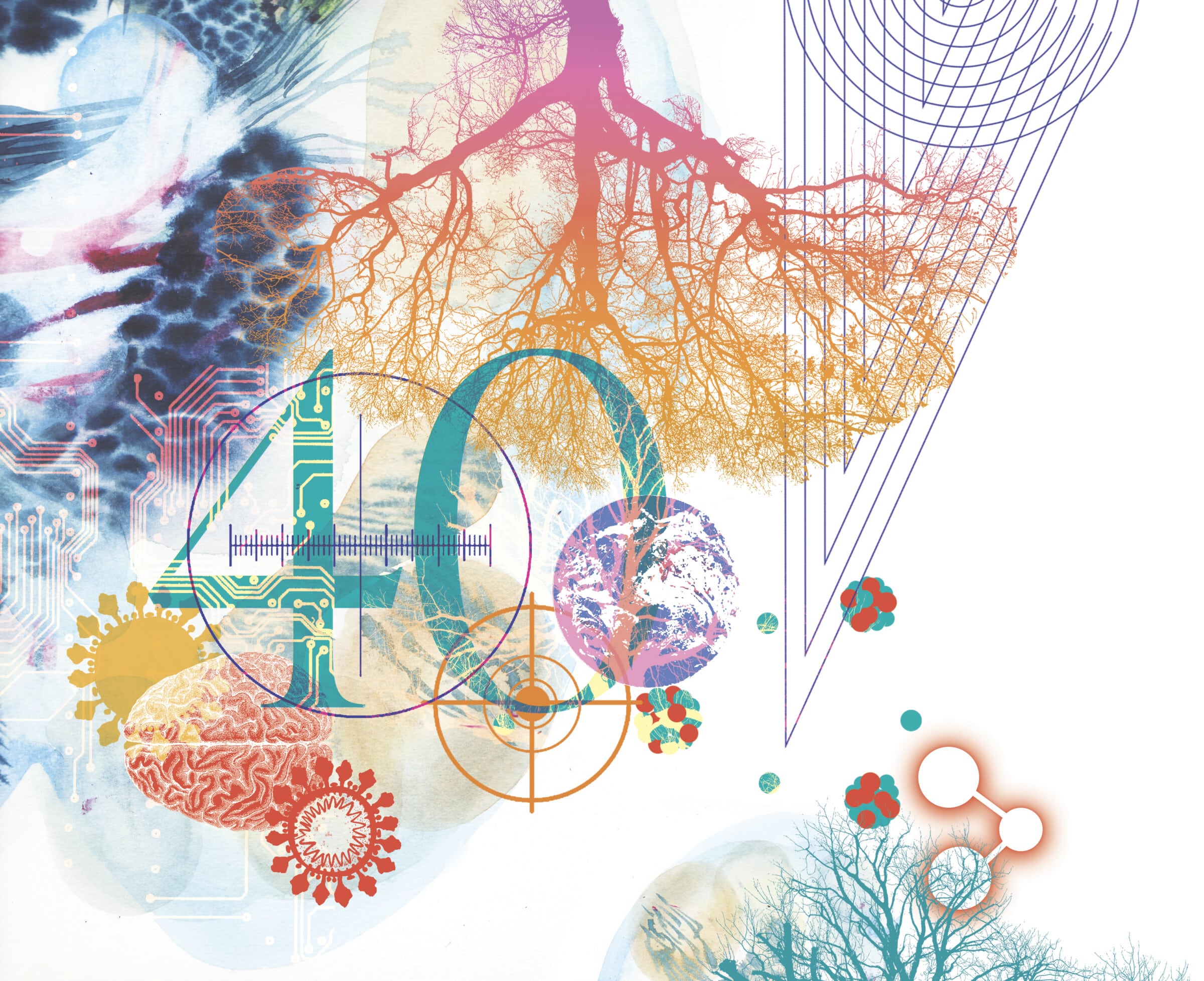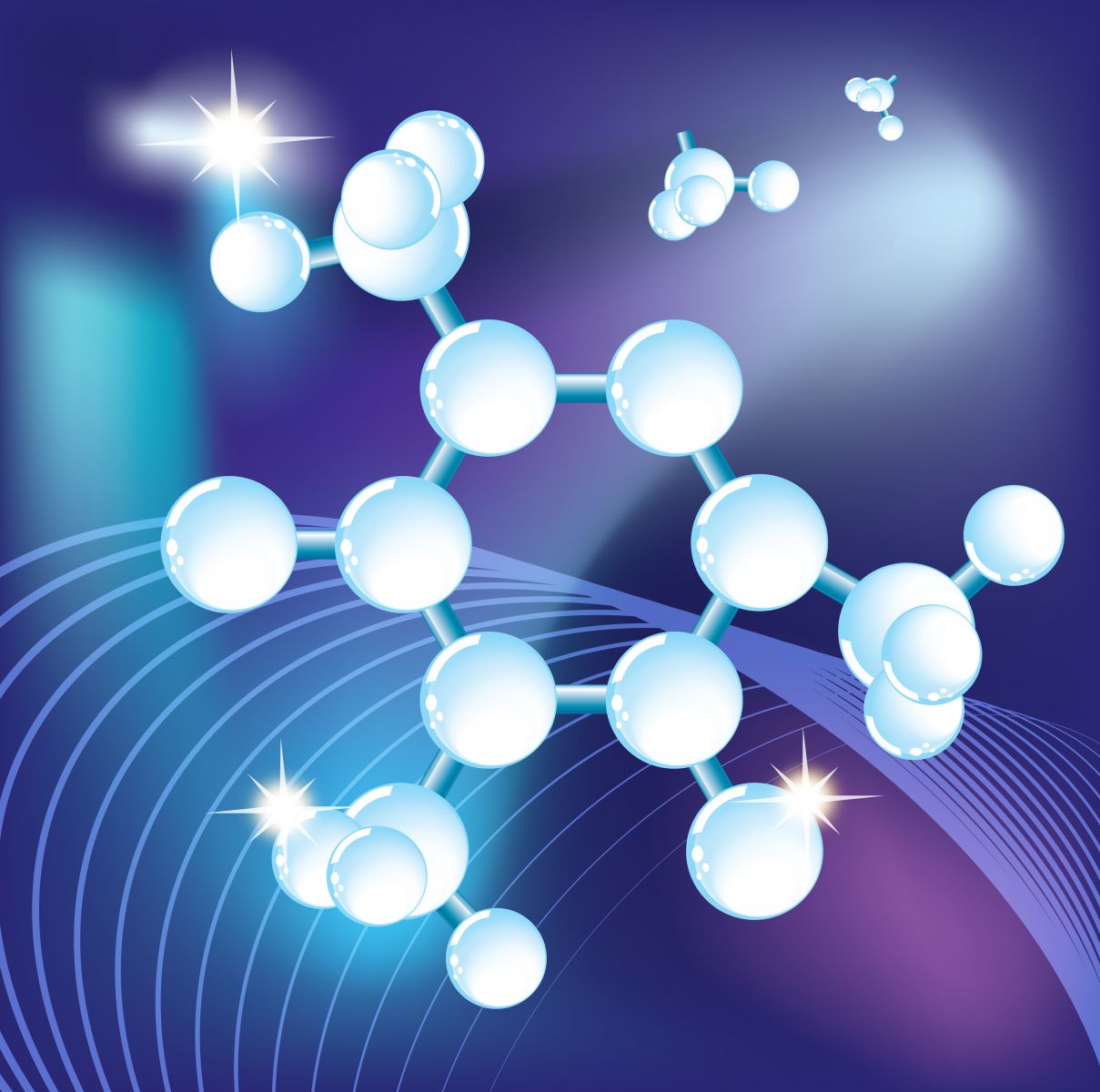Table of Contents

Science is a fascinating and ever-evolving field that has been instrumental in shaping our understanding of the world around us. From the intricacies of the human body to the vast expanse of the cosmos, science has helped us unravel the mysteries of the universe, one discovery at a time. In this article, we will delve into the world of science, exploring its definition, branches, and significance in our daily lives.


What is Science?

Science is a systematic and structured approach to understanding the natural world through observation, experimentation, and evidence-based reasoning. It involves the formulation of hypotheses, testing of theories, and the analysis of data to arrive at conclusions. Science is not just a body of knowledge, but a process of inquiry that seeks to explain the workings of the universe and the laws that govern it.


Branches of Science

Science is a vast and diverse field that encompasses various branches, each focusing on a specific area of study. Some of the main branches of science include:

- Physical Sciences: This branch includes disciplines such as physics, chemistry, and astronomy, which study the fundamental laws and principles that govern the behavior of matter and energy.
- Life Sciences: This branch includes disciplines such as biology, botany, and zoology, which study living organisms and their interactions with the environment.
- Earth Sciences: This branch includes disciplines such as geology, meteorology, and oceanography, which study the Earth's composition, processes, and phenomena.
- Social Sciences: This branch includes disciplines such as psychology, sociology, and anthropology, which study human behavior, social structures, and cultural phenomena.


Significance of Science in Our Daily Lives
Science plays a vital role in our daily lives, from the food we eat to the technology we use. Some of the ways science impacts our daily lives include:
- Medical Advances: Science has led to the development of life-saving medicines, vaccines, and treatments that have improved human health and increased life expectancy.
- Technological Innovations: Science has driven the development of technologies such as computers, smartphones, and the internet, which have revolutionized the way we communicate, work, and access information.
- Environmental Conservation: Science has helped us understand the importance of conservation and sustainability, leading to efforts to protect the environment and mitigate the effects of climate change.
In conclusion, science is a powerful tool that has helped us understand the world around us and improve our lives in countless ways. By embracing science and its principles, we can continue to advance our knowledge, drive innovation, and create a better future for ourselves and generations to come. Whether you're a student, a researcher, or simply a curious individual, science has something to offer everyone, and its significance cannot be overstated.
So, the next time you hear the word "science," remember that it's not just a subject in school or a body of knowledge – it's a way of thinking, a process of discovery, and a key to unlocking the secrets of the universe.